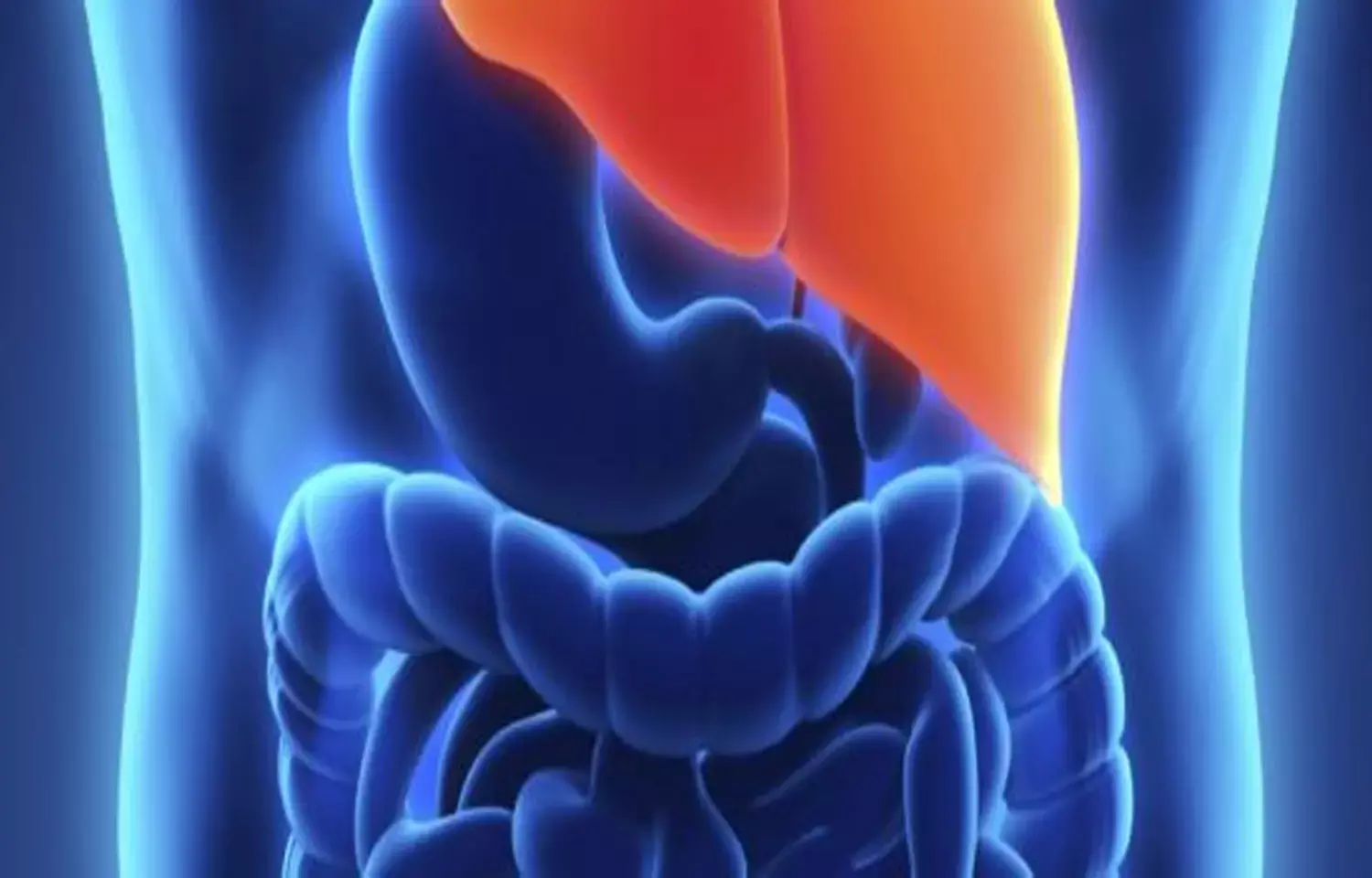- Home
- Medical news & Guidelines
- Anesthesiology
- Cardiology and CTVS
- Critical Care
- Dentistry
- Dermatology
- Diabetes and Endocrinology
- ENT
- Gastroenterology
- Medicine
- Nephrology
- Neurology
- Obstretics-Gynaecology
- Oncology
- Ophthalmology
- Orthopaedics
- Pediatrics-Neonatology
- Psychiatry
- Pulmonology
- Radiology
- Surgery
- Urology
- Laboratory Medicine
- Diet
- Nursing
- Paramedical
- Physiotherapy
- Health news
- Fact Check
- Bone Health Fact Check
- Brain Health Fact Check
- Cancer Related Fact Check
- Child Care Fact Check
- Dental and oral health fact check
- Diabetes and metabolic health fact check
- Diet and Nutrition Fact Check
- Eye and ENT Care Fact Check
- Fitness fact check
- Gut health fact check
- Heart health fact check
- Kidney health fact check
- Medical education fact check
- Men's health fact check
- Respiratory fact check
- Skin and hair care fact check
- Vaccine and Immunization fact check
- Women's health fact check
- AYUSH
- State News
- Andaman and Nicobar Islands
- Andhra Pradesh
- Arunachal Pradesh
- Assam
- Bihar
- Chandigarh
- Chattisgarh
- Dadra and Nagar Haveli
- Daman and Diu
- Delhi
- Goa
- Gujarat
- Haryana
- Himachal Pradesh
- Jammu & Kashmir
- Jharkhand
- Karnataka
- Kerala
- Ladakh
- Lakshadweep
- Madhya Pradesh
- Maharashtra
- Manipur
- Meghalaya
- Mizoram
- Nagaland
- Odisha
- Puducherry
- Punjab
- Rajasthan
- Sikkim
- Tamil Nadu
- Telangana
- Tripura
- Uttar Pradesh
- Uttrakhand
- West Bengal
- Medical Education
- Industry
Vitamin D supplements don't improve liver healing in chronic hepatitis C: Study

Thailand: Short-term supplementation of vitamin D in chronic hepatitis C (CHC) patients after DAA treatment does not expedite the process of residual liver fibrosis healing or improve serum fibrogenesis, finds a recent study. The results are published in the journal PeerJ.
In patients with CHC, the replacement of vitamin D with chronic hepatitis C before viral eradication, has shown a protective effect on serum markers associated with hepatic fibrogenesis. Supachaya Sriphoosanaphan, Chulalongkorn University, Bangkok, Thailand, and colleagues, therefore, hypothesized that vitamin D may facilitate further fibrosis amelioration following curative treatment with direct-acting antivirals (DAA).
For the purpose, the researchers conducted a randomized, double-blind, placebo-controlled trial between February 2018 and August 2018. It included 75 patients with CHC and vitamin D deficiency. They were randomized the ratio of 1:1 to receive either ergicalciferol (n=37) or placebo over 6 weeks (n=38).
The researchers analyzed biochemical analysis indicators, including 25-hydroxyvitamin D (25(OH)D), fibrogenic markers [(transforming growth factor beta 1 (TGF-β1) and tissue inhibitors of matrix metalloproteinases 1 (TIMP-1)], and fibrolytic markers [matrix metalloproteinase 9 (MMP-9) and amino terminal type III procollagen peptide (P3NP)] at baseline and at 6 weeks. Serum 25(OH)D was analyzed by a chemiluminescence immunoassay. Serum hepatic fibrogenesis markers were measured using a quantitative sandwich enzyme-linked immunosorbent assay.
Key findings of the study include:
- At the end of the study, the mean serum 25(OH)D level had risen to a normal level in the VD group, but was still deficient in the placebo group (41.8 ± 9.1 vs. 18.1 ± 4.6 ng/mL).
- Upon restoration of the VD level, there were no significant mean differences in the change from baseline for TGF-β1 (−0.6 ng/mL), TIMP-1 (−5.5 ng/mL), MMP-9 (122.9 ng/mL), and P3NP (−0.1 ng/mL) between the VD and placebo groups.
"Future studies are warranted to evaluate the long-term effect of VD supplementation on hepatic fibrosis regression," concluded the authors.
The study titled, "Effect of vitamin D supplementation in patients with chronic hepatitis C after direct-acting antiviral treatment: a randomized, double-blind, placebo-controlled trial," is published in the journal PeerJ.
DOI: https://peerj.com/articles/10709/
Dr Kamal Kant Kohli-MBBS, DTCD- a chest specialist with more than 30 years of practice and a flair for writing clinical articles, Dr Kamal Kant Kohli joined Medical Dialogues as a Chief Editor of Medical News. Besides writing articles, as an editor, he proofreads and verifies all the medical content published on Medical Dialogues including those coming from journals, studies,medical conferences,guidelines etc. Email: drkohli@medicaldialogues.in. Contact no. 011-43720751


